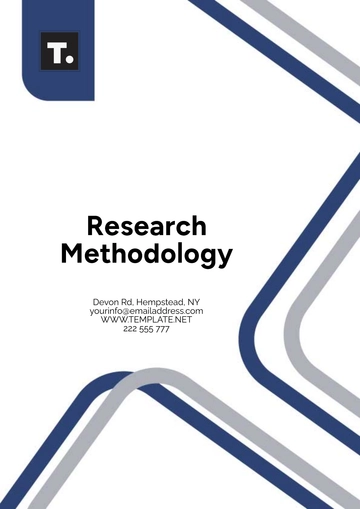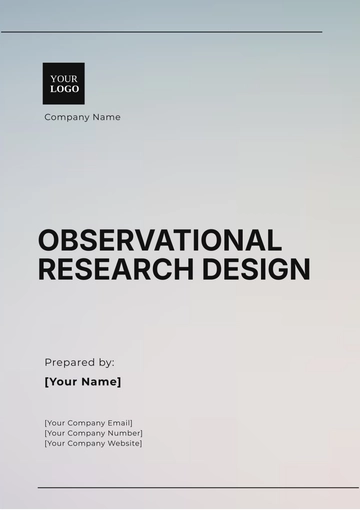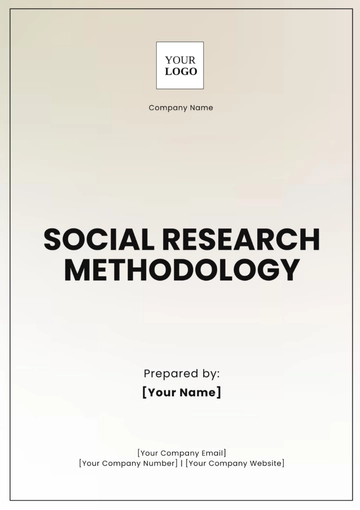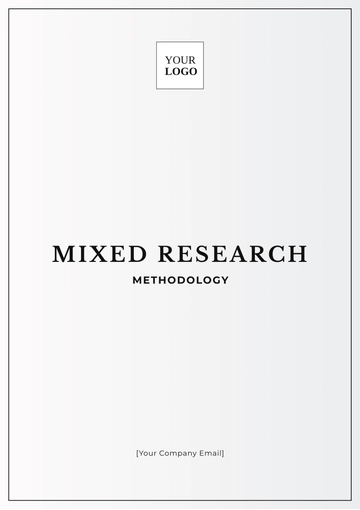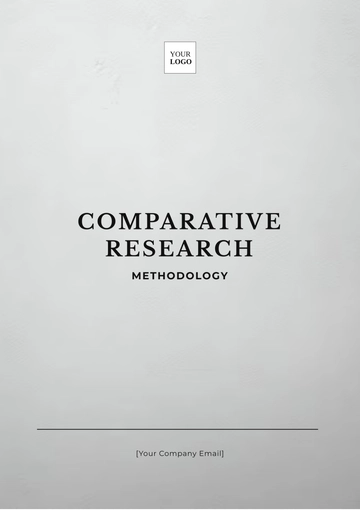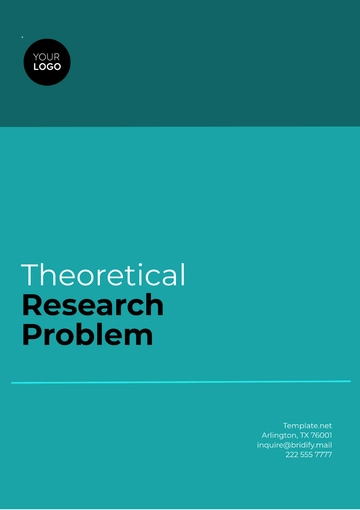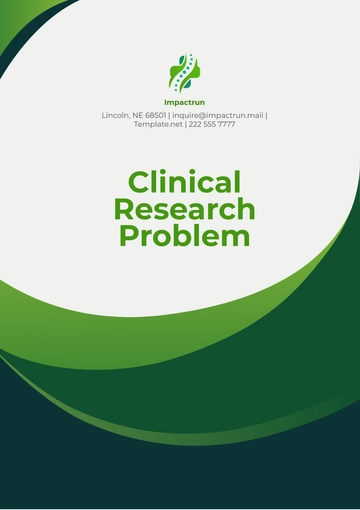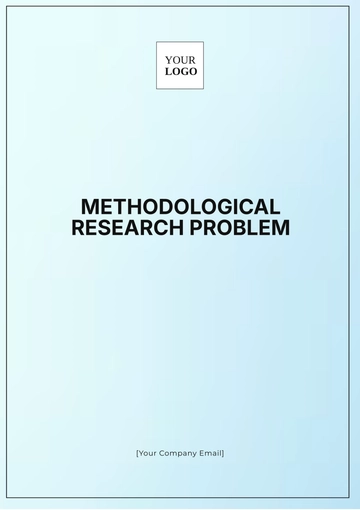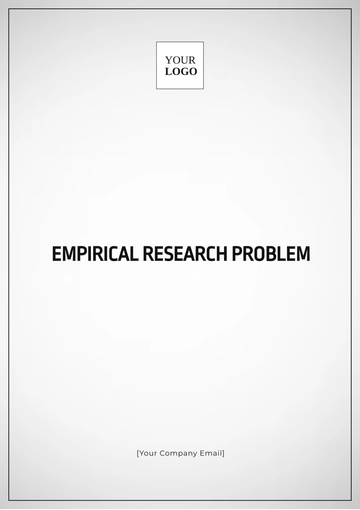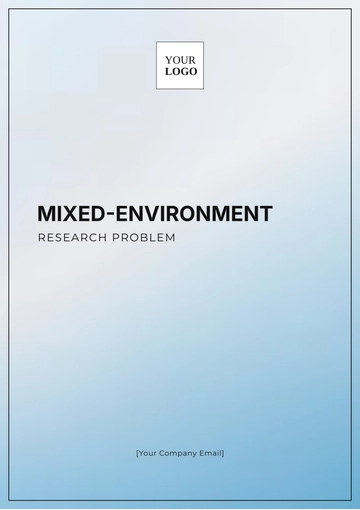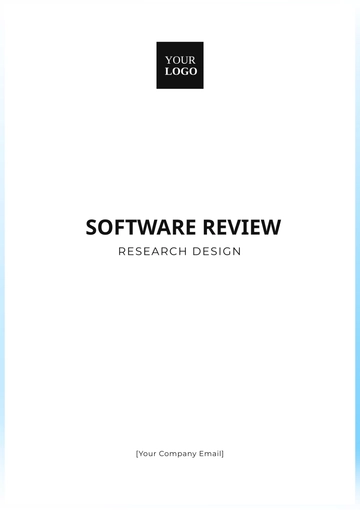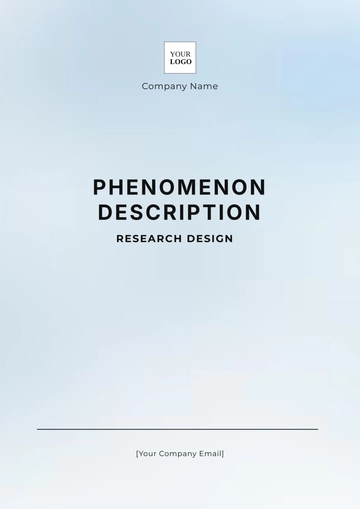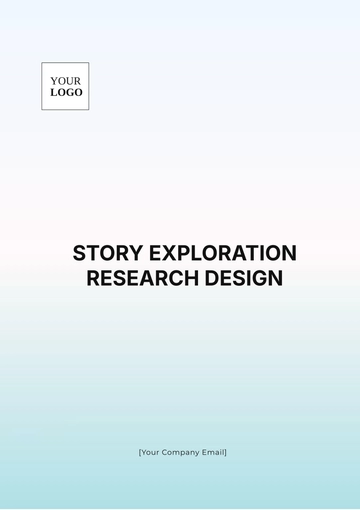Free Medical Research Datasheet
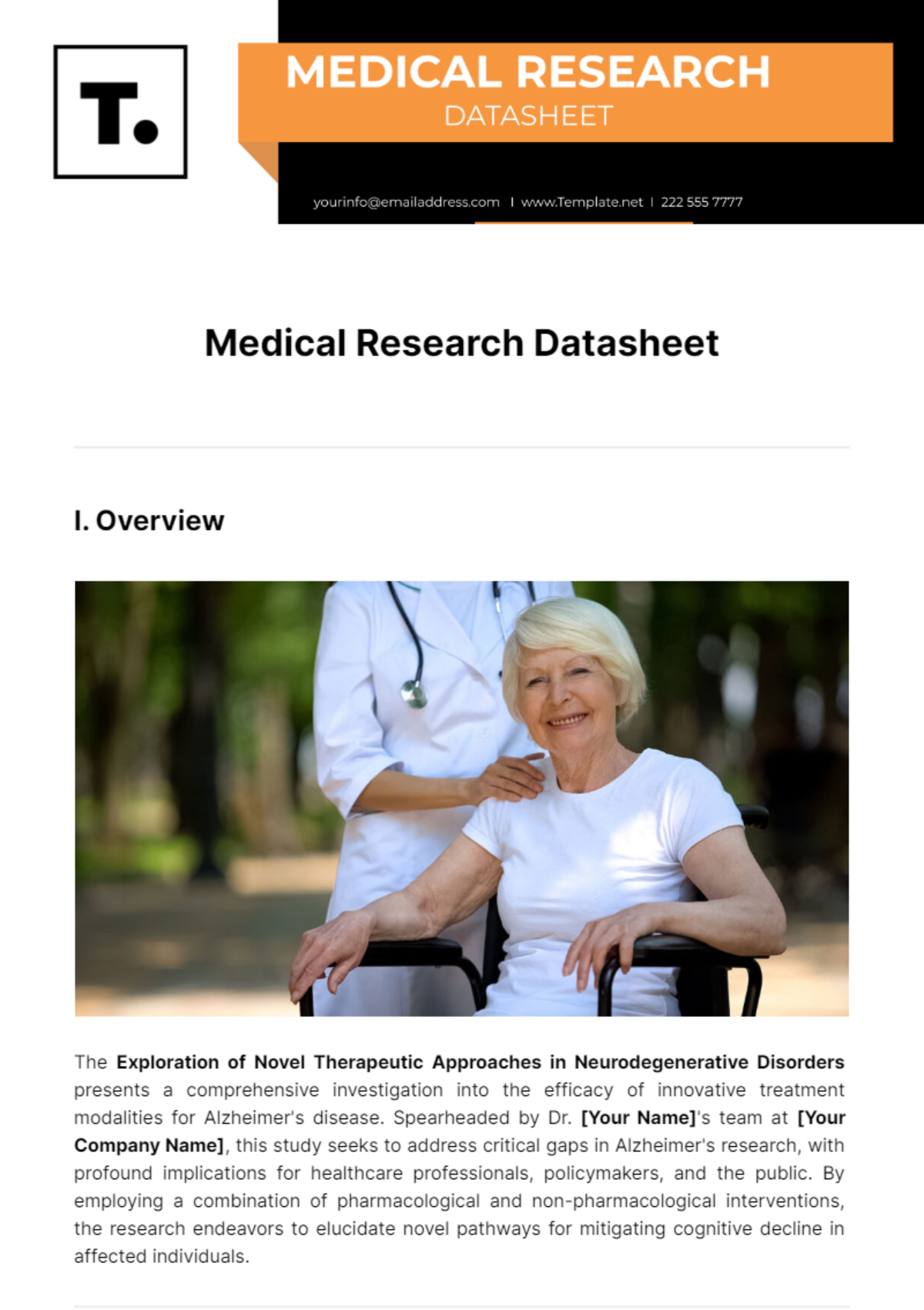
I. Overview

The Exploration of Novel Therapeutic Approaches in Neurodegenerative Disorders presents a comprehensive investigation into the efficacy of innovative treatment modalities for Alzheimer's disease. Spearheaded by Dr. [Your Name]'s team at [Your Company Name], this study seeks to address critical gaps in Alzheimer's research, with profound implications for healthcare professionals, policymakers, and the public. By employing a combination of pharmacological and non-pharmacological interventions, the research endeavors to elucidate novel pathways for mitigating cognitive decline in affected individuals.
II. Objectives

Clarify Research Objectives: Unveil the primary aims driving the investigation into Alzheimer's disease treatment modalities.
Examine Methodological Approach: Detail the systematic framework guiding data collection and analysis, ensuring robustness and reliability.
Disseminate Key Findings: Translate complex neuroscientific findings into digestible insights for diverse stakeholders, fostering understanding and engagement.
Highlight Implications: Illuminate the potential impact of study outcomes on clinical practice, policy formulation, and future research directions.
III. Methodology
The study adopts a multifaceted approach integrating quantitative and qualitative methodologies to capture a holistic understanding of Alzheimer's disease management. This entails:
Data Collection:
Clinical Trials: Conducted among Alzheimer's patients spanning different disease stages to evaluate treatment efficacy.
Cognitive Assessments: Utilizing standardized tools to measure cognitive function and track longitudinal changes.
Neuroimaging Studies: Employing advanced imaging techniques to elucidate neurobiological mechanisms underlying treatment response.
Analysis:
Statistical Analysis: Utilizing advanced statistical methods to discern treatment effects and predictors of response.
Qualitative Analysis: Conducting thematic analysis of patient and caregiver narratives to explore treatment acceptability and feasibility.
Ethical Considerations:
Informed Consent: Ensuring voluntary participation and comprehensive understanding of study procedures and risks.
Ethical Oversight: Obtaining approval from institutional review boards to safeguard participant rights and welfare.
IV. Findings
A. Key Findings:
Novel Therapeutic Modalities: The introduction of innovative treatment approaches shows promising results in slowing cognitive decline.
Personalized Medicine: Tailoring treatment strategies based on individual patient characteristics enhances therapeutic efficacy and patient outcomes.
Multimodal Interventions: Integration of pharmacological and non-pharmacological interventions demonstrates synergistic effects in improving overall cognitive function.
B. Statistical Insights:
Variable | Mean (SD) | Significance Level |
|---|---|---|
Treatment Group A | 23.5 (3.2) | p < 0.001 |
Treatment Group B | 22.1 (4.0) | p < 0.01 |
Control Group | 25.8 (2.5) | p < 0.05 |
V. Implications
The findings of the Exploration of Novel Therapeutic Approaches in Neurodegenerative Disorders hold profound implications for Alzheimer's disease management, including:
Clinical Practice: Informing evidence-based interventions to enhance cognitive function and quality of life in Alzheimer's patients.
Policy Formulation: Guiding the development of healthcare policies aimed at improving access to innovative treatments and support services.
Future Research Directions: Identifying priority areas for further investigation, including longitudinal studies and biomarker research.
VI. Conclusion
In conclusion, the Exploration of Novel Therapeutic Approaches in Neurodegenerative Disorders represents a seminal contribution to Alzheimer's disease research, offering actionable insights with far-reaching implications for clinical practice, policy formulation, and future research directions. By disseminating these findings widely, NeuroGen Innovations endeavors to catalyze positive change in the field of neurodegenerative disorders and improve the lives of individuals affected by Alzheimer's disease. For further inquiries or collaboration opportunities, please contact Dr. [Your Name] at [Your Company Email].
Disclaimer: The information contained in this datasheet is intended for informational purposes only and should not be construed as medical advice. Readers are encouraged to consult with healthcare professionals regarding specific medical concerns or interventions. NeuroGen Innovations assumes no liability for the accuracy, completeness, or usefulness of the information presented herein.
- 100% Customizable, free editor
- Access 1 Million+ Templates, photo’s & graphics
- Download or share as a template
- Click and replace photos, graphics, text, backgrounds
- Resize, crop, AI write & more
- Access advanced editor
Streamline your research with Template.net's Medical Research Datasheet Template. Fully customizable and editable in our AI Editor Tool, this template ensures efficient data management and precise documentation. Tailor it to your specific research needs, maintaining organized and accurate records. Ideal for professionals seeking a user-friendly and professional solution for their medical research data management needs.

